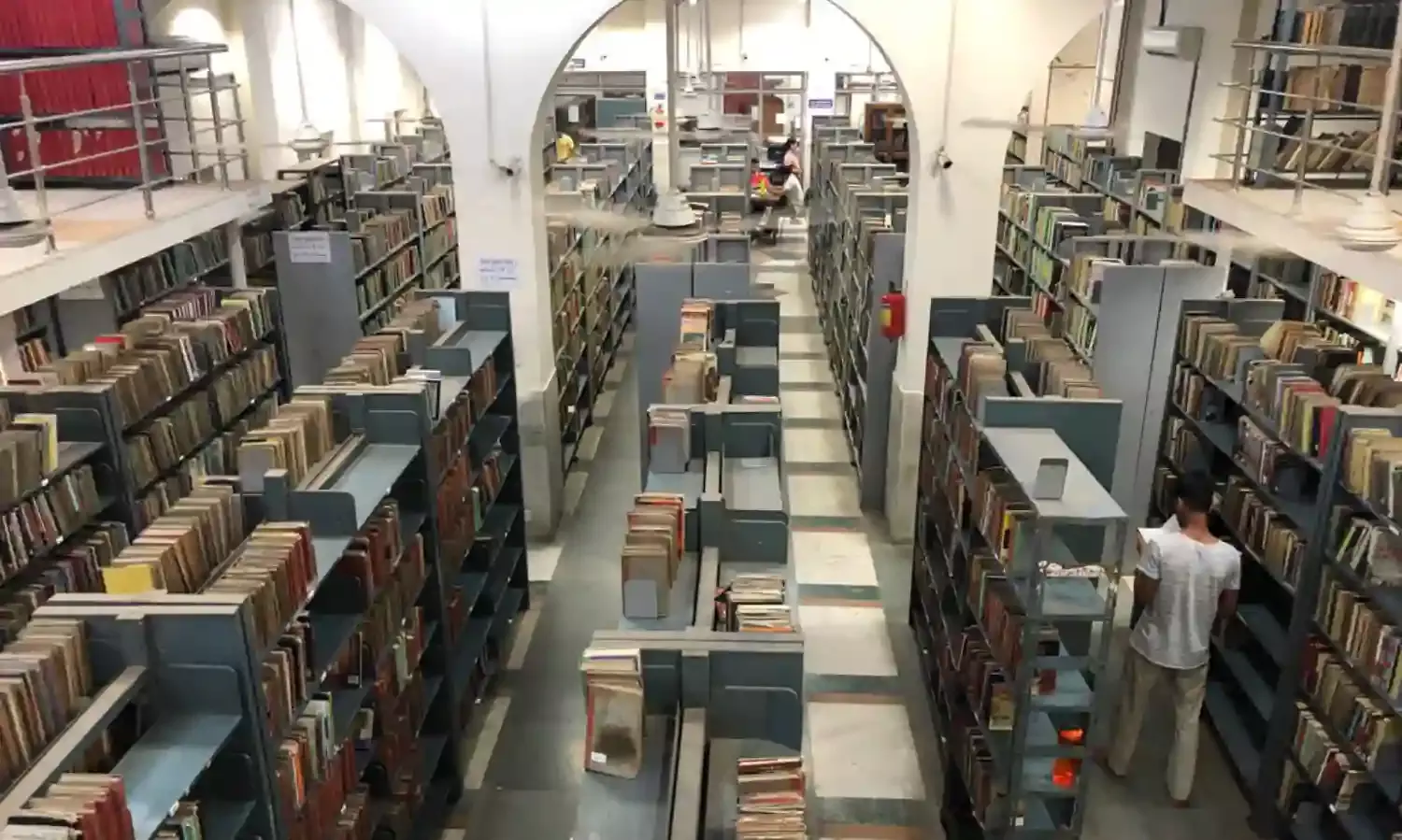Public Library An Endangered Space?
Public libraries promote equal access to knowledge and must be saved
Libraries serve a vital role in providing equal access to information, but they have been facing challenges due to declining funds, interest, and competition from digital sources. Efforts are being made to revive public libraries and provide equal access to knowledge, but the situation remains difficult due to lack of standardisation and declining investment.
Rural public libraries offer a space for social equality, but they are struggling to survive. The rise of gated libraries in urban areas exacerbates inequality. Public libraries have the potential to challenge existing power dynamics and promote equal access to knowledge.
In bridging the information gap between urban and rural communities, libraries play a dominant role. The potential of libraries to foster a more well-informed and educated populace should not be underestimated, notwithstanding their recent depreciation in value.
While it's true that libraries have witnessed a harsh decline in popularity as a result of the information age, it is requisite to grasp that libraries' social and intellectual virtues cannot be mirrored by technical advances alone. Even in the age of abundant digital information, libraries continue to thrive yet at a considerably slow pace.
Yet, why haven't individuals and authorities seen the worth and significance of libraries as a part of our social infrastructure? Factors including declining government financing, waning public interest, and the advent of the internet as a speedier and more convenient alternative all contribute to libraries' plight.
Since the country gained its Independence, the government has initiated a number of initiatives to provide assistance to public libraries. These initiatives include the National Mission on Public Libraries and the enhancement of school library services through the implementation of education and development plans.
In addition, the RRRLF has awarded funding to library programmes that concentrate on personal growth and professional advancement. A number of public libraries located in rural areas have been granted assistance to assist with the creation and maintenance of their facilities.
B Preedip Balaji, propped the deplorable state of public libraries in his 2018 paper titled “A Policy Review of Public Libraries in India”. Unfortunately, most Indian states do not have a law or standardised criteria for the management of libraries, making it difficult to ensure that these knowledge hubs work effectively.
The total investment in libraries has also gone down. State taxes including the library cess, a surcharge of property tax paid to the local government, city corporation, or village panchayat, was meant to finance them, and a lack of openness and accountability, is something that experts agree the libraries struggle with.
Currently, there are small but consistent efforts to establish community libraries. In this century, rural public libraries are becoming an important civic institution.
They are open and accessible spaces that can reduce unequal access to information, bridge the gap in digital access and reduce disparities between privileged and less privileged individuals, particularly children. They are spaces of social equality where anyone can go to seek information.
At these places one can find the elderly reading the newspaper, a women's group looking to start a small business, a teenager registering for open-school or a child who loves everything about libraries, the quiet, the readers taking notes, the magazines lying open on the tables, and the rows and rows of books.
However, even as many other district libraries are struggling to survive, they continue to be popular among students who use them as a place to study for exams, or for leisure.
Libraries may be more effectively utilised if the notion of visiting them as a pleasurable activity is revitalised. Local activities must be supported to guarantee that their full potential is realised to fill the gap.
There is the need to also demonstrate the important social role that public libraries play in fostering dialogue, discussion, and inclusivity.
In a culture where few locations are publicly accessible, public spaces provide a large number of people access, both theoretically and practically, without commercial motives. Due to centuries of discrimination, casteism, and feudalism, the illusion of a large population persists even if the reality is far more modest.
Maybe this is because the market logic that dominates our day is at odds with the library's fundamental concept, which is that everyone should have unrestricted, unrestricted access to our common culture and legacy for any purpose they see appropriate. There will be very little left of our formerly democratic public areas.
Urbanisation has given rise to a new trend of gated libraries, cafes, and coffee shops, leading to a division of knowledge based on wealth. While the affluent can afford to have access to these places, those on the lower rungs of society are left out, and knowledge becomes a scarce resource only accessible to the wealthy.
This perpetuates the cycle of inequality and marginalisation, as public libraries continue to decline and cut off those without internet access from the world of information. The rise of new initiatives marks a turning point in India's public library development, promoting the creation of accessible spaces for social discourse.
Public libraries and makeshift learning centers present a way to challenge the existing power dynamics by providing equal access to knowledge, which has become a commodity regulated by those in power.
Nabeel Ahmad is an external consultant at the IIHS Library. Views expressed are the writer’s own.




